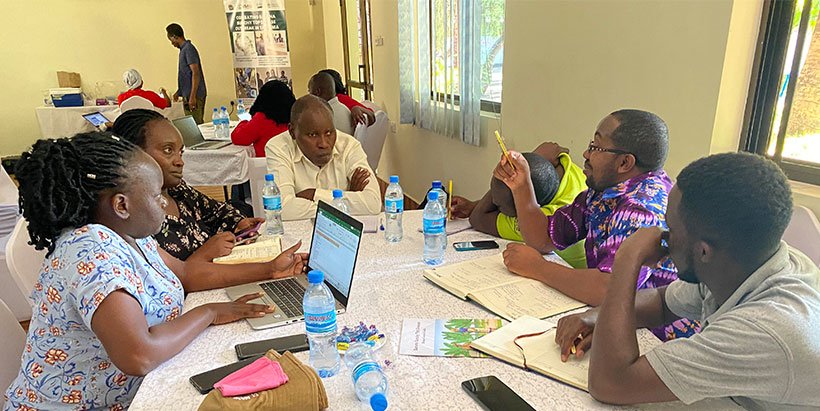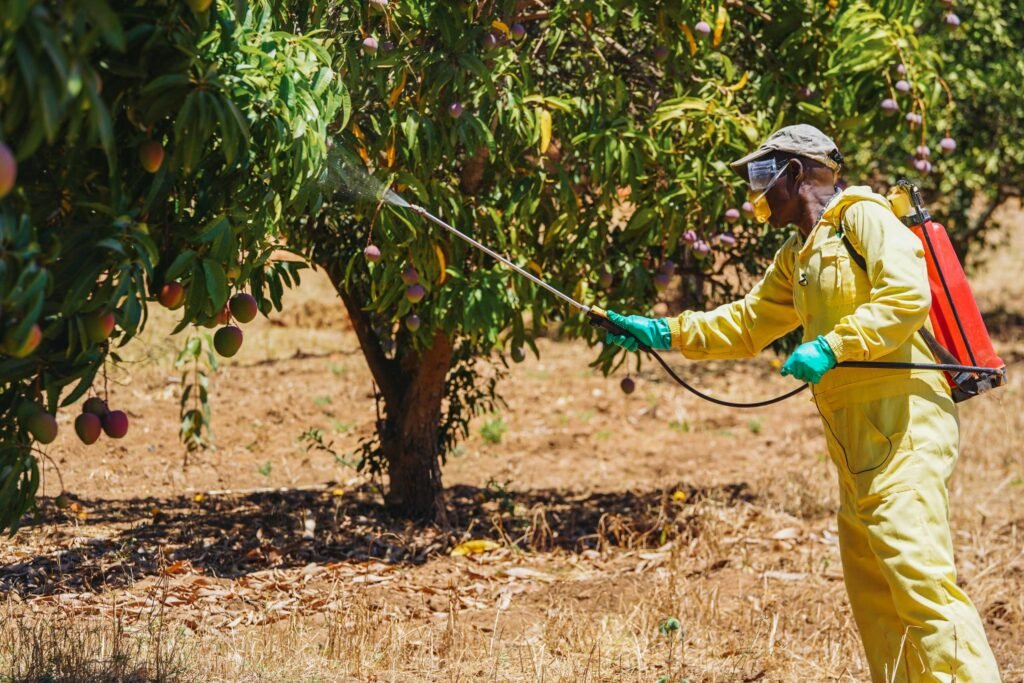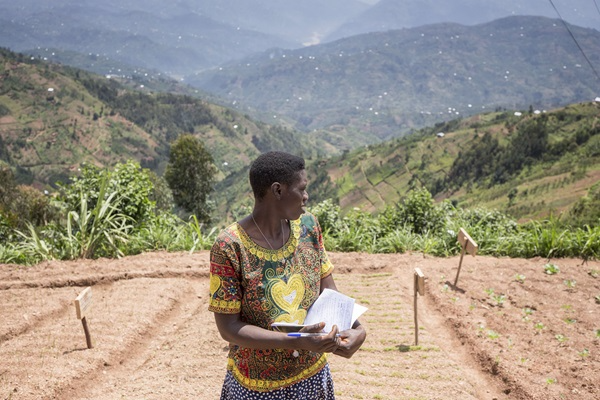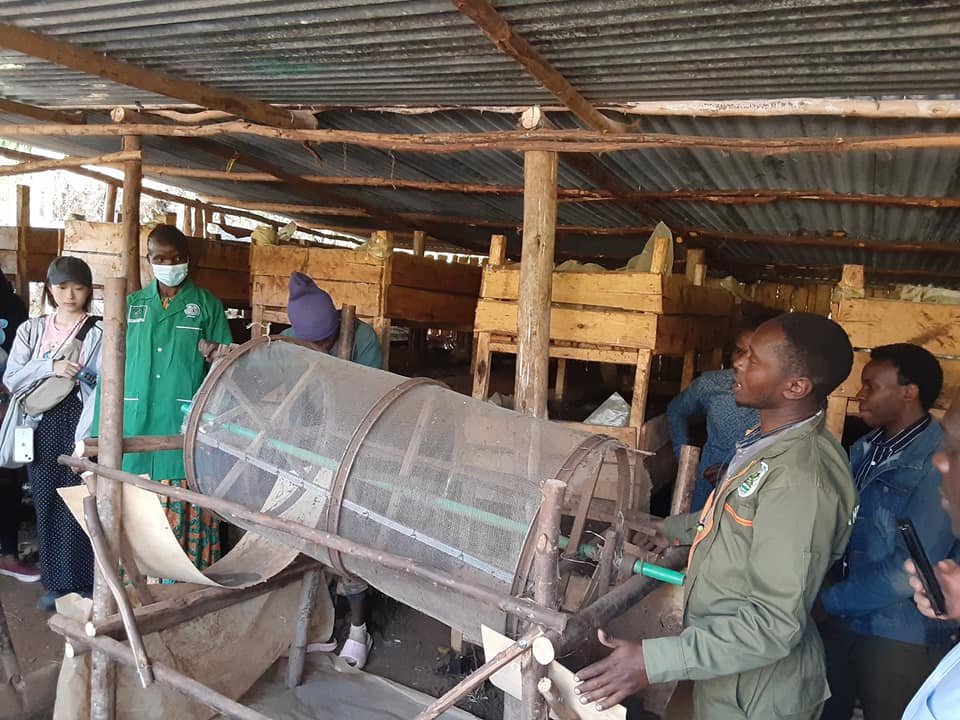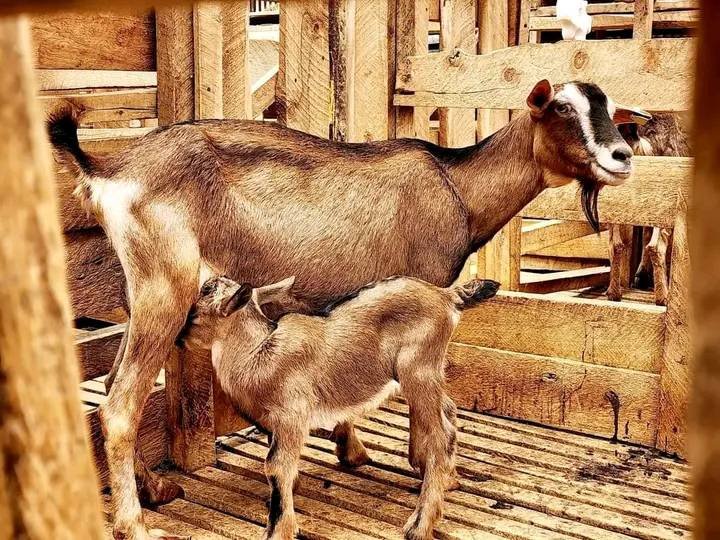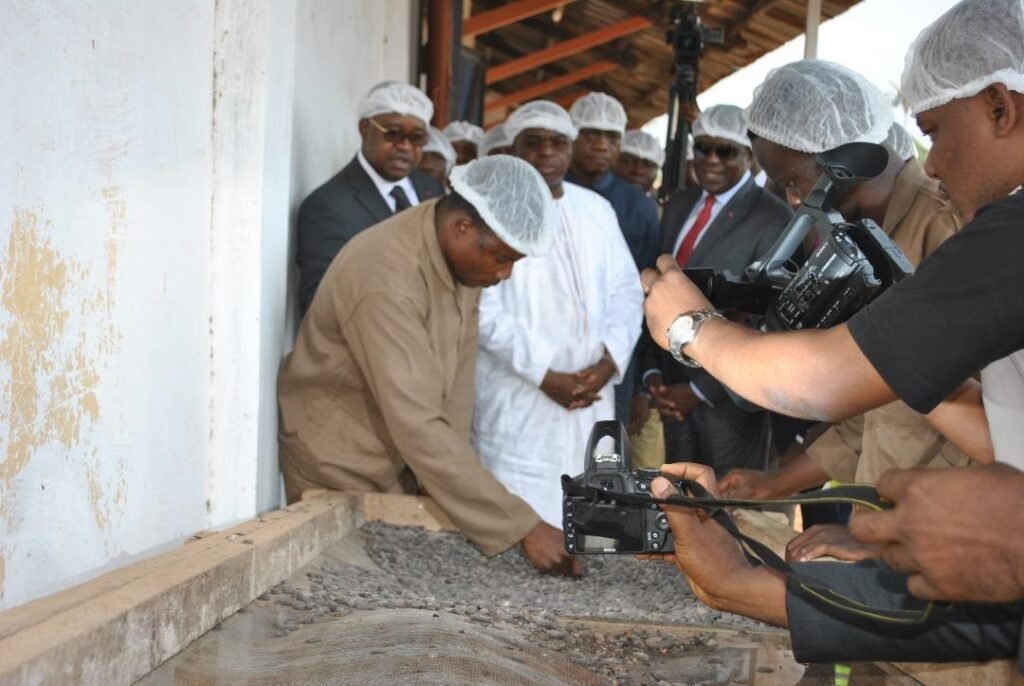PEST and disease outbreaks are becoming more frequent and severe, as climate change and shifting weather conditions accelerate the proliferation and spread of vectors. Due to increased rainfall and rising temperatures, for instance, pests are spreading to non-traditional areas, posing a big threat to economically important crops such as coffee. In response, pesticides have become a crucial tool for mitigating these shocks and building resilience in agriculture.
However, there are legitimate concerns over the safety of pesticides—impacting humans, animals, wildlife, and the environment. In addition, pesticide use has become a key factor accessing global food markets, with a number of developing countries having tightened their safety regulations. Therefore, the importance of pesticide management on African farms cannot be overemphasized. For this edition, we have put together a special report on the future of pest control, highlighting, among others, the work of scientists and innovators who have developed solutions to the health and environmental risks associated with use and disposal of pesticides. In our Q&A section, for instance, Dr. Frank Chidawanyika, a scientist at the International Centre of Insect Physiology and Ecology (icipe), discusses how the push-pull technology, originally used to control the stemborer in maize and sorghum, is evolving as an effective tool in managing more pests in more crops and promoting soil health.
From Cameroon, we bring you the story of an NGO-backed community seed exchange programme that is helping farmers who can’t afford commercial seeds access pest-free traditionally recycled seeds. Meanwhile the question of how to transform African food systems to enable it to work for everyone, including the smallholders, continues to pre-occupy the minds of agriculture leaders on the continent. Ahead of the food systems summit in Kigali, Rwanda, Prof Hamadi Boga, the vice-president of Alliance of for a Green Revolution in Africa (AGRA), took time to reflect on this matter.
He shares his thoughts on how smallholders can create wealth through agriculture in a personal account that includes his enlightening conversation with Stuert Baden, a model Kenyan farmer of Australian origin who practises farming as a big business, not a survival or cultural activity. Read these, plus other interesting feature stories on agriculture on the continent.









